On the occasion of the beginning of the Year of the Dragon 2024, DTTC had a friendly conversation with Dr. Nguyen Dinh Cung, former Director of the Central Institute for Economic Management, about his profound memories with the late Prime Minister Phan Van Khai. Dr. Nguyen Dinh Cung shared:
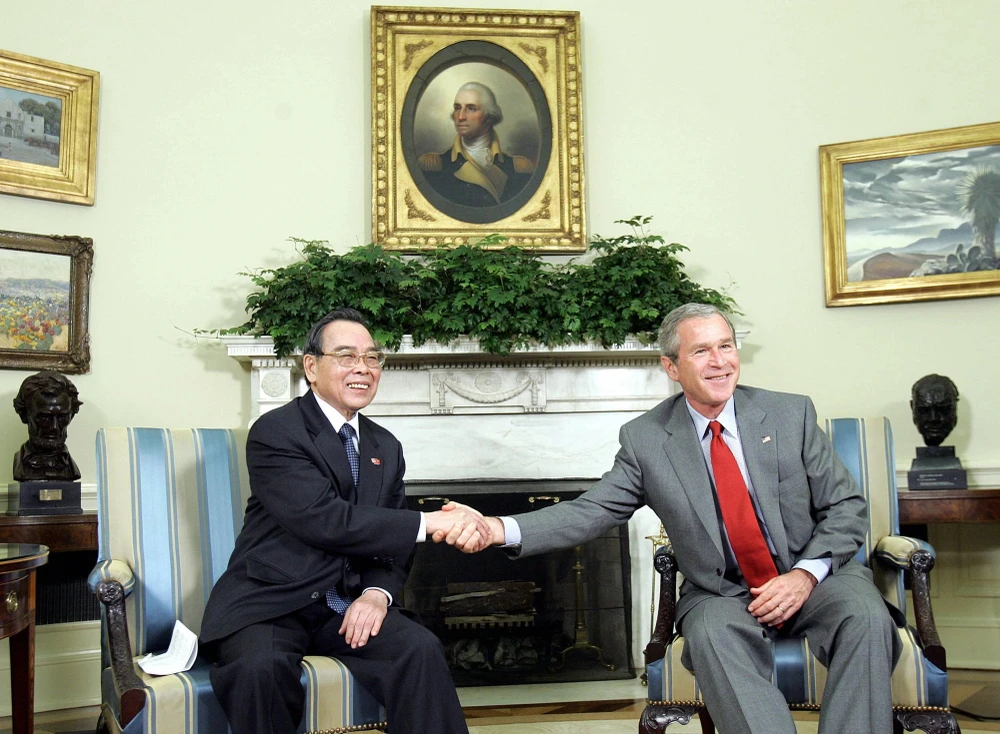
As of December 2023, Mr. Sau Khai (Prime Minister Phan Van Khai's nickname) has passed away for more than 5 years, but his achievements and contributions to the cause of innovation and international integration still leave a deep impression on many generations of cadres, party members and people. What he has done for the business environment, including the development of the Enterprise Law and the removal of a series of illegal licenses, is an important part of his career as a technocrat and a great personality.
Resolutely build a market economy institution
During nearly two terms as head of the Government (1997-2006), under the impact of the 1997 Asian financial crisis and the difficulties and challenges of the early stages of national renewal, Mr. Sau Khai and the Government leadership steered the country to stability, development, and overcoming many difficult times. In particular, he was very interested and devoted much effort to building a market economy institution, reducing State intervention in the economy, creating a foundation for the State to change its management method from "pre-control" to "post-control", organizing, managing, and supervising according to the principles of publicity and transparency.
At the first session of the 10th National Assembly on September 30, 1997, just 5 days after taking office, the new Prime Minister Phan Van Khai clearly stated that one of the priorities in the direction of the action program of the new term Government was: "Completing the legal framework, creating an environment of equal competition between enterprises of all economic sectors, coupled with a mechanism to control business monopoly". In accordance with that motto, the Prime Minister led the Government for the first time to develop and put into practice especially important legal documents, such as the Enterprise Law, Investment Law, documents on Vietnam's participation in the World Trade Organization (WTO), documents on the Vietnam-US Trade Agreement, and the Government's resolution on promoting socialization in the fields of education, health, physical education, sports, science and technology, etc.
As one of the people assigned to draft the 1999 Enterprise Law, which took effect in 2000 - the law that is considered to have liberated and paved the way for economic development in general, for the development of enterprises in all economic sectors in particular, especially the private economy. Dr. Nguyen Dinh Cung recalled: “Some new contents in the law can cause “shock” to conservative minds, such as the view that “people can do anything that is not prohibited by law”, instead of “people can only do what is permitted” which existed for a long time before; or “The State only does what people cannot do or do not want to do”.
Citing many unbelievable unreasonable regulations, the veteran expert said that before the 1999 Enterprise Law came into effect, to practice retail newspaper selling or typing, one had to have a license valid for 3 months, meaning one had to apply for a license every 3 months. Picking up metal, scrap paper, or drawing portraits also required a license... Fortunately, the drafting and editing team of the Enterprise Law received strong support from the Prime Minister. In August 2000, in an interview with the press about opposing opinions, Prime Minister Phan Van Khai frankly said: "A system that is used to the mechanism of asking and giving, used to granting licenses, now abandons unnecessary and harmful things, of course, many people are surprised. In my opinion, the reaction is understandable."
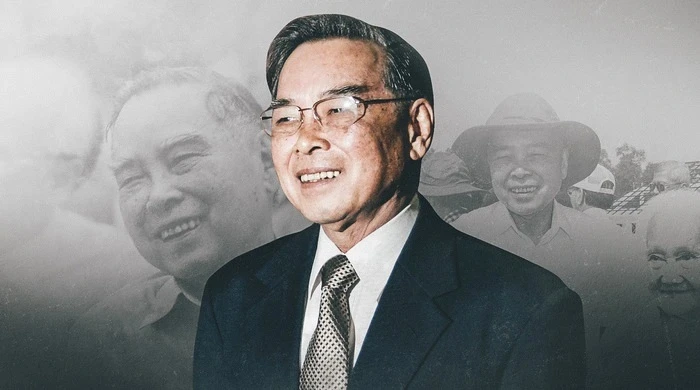
I fully understand that the current cumbersome and complicated administrative procedures are causing many difficulties for businesses… On behalf of the Government, I pledge to you that such cases must be promptly discussed and resolved, creating the greatest possible convenience for businesses to conduct production and business. Together with promoting administrative reform, these inconveniences will be gradually eliminated.
Prime Minister Phan Van Khai, speaking to business representatives and scientists and technologists in Hanoi, January 9, 1998
The courage of a person willing to take responsibility
Dr. Nguyen Dinh Cung shared what impressed him most about Prime Minister Phan Van Khai, not only promoting the completion of the Enterprise Law, but also directly directing the implementation of the Law: “Within just 58 days after the Law came into effect, the Prime Minister signed a decision to establish a Working Group to implement the Enterprise Law headed by the Minister of Planning and Investment, which included many “plain experts” at that time like me. As far as I know, this is the first time there has been such a working group. This is also the first time that representatives of the business community have been invited by the Government to participate in drafting the Law. In many of our meetings, the Prime Minister came to listen and debate fairly, not to give instructions. He considered and made decisions very quickly. Once, we reported a case the afternoon before, and the next morning he signed a document to handle it.”
More than 20 years have passed, but Mr. Cung still remembers the Prime Minister's Decision 19/2000/QD-TTG abolishing 84 types of licenses that were contrary to the provisions of the Enterprise Law - which could be considered a "Big Bang" in the economic and social life at that time: "We proposed more than 100 types, and he decided to abolish up to 84 types. That was incredibly drastic, because it stripped away the "power" of a series of ministries and branches, preventing bureaucratic working styles and harassment by the public authority directly related to investment, production and business activities of enterprises. We have never worked so happily."
Prime Minister Phan Van Khai's trust in experts who are not in the management apparatus, many of whom do not even have important positions or positions, has made them convinced. The head of the Government was ready to accept huge political risks when accepting their bold proposals, ready to take the lead in the face of attacks from agencies that suddenly lost the right to grant and receive. Not only in the work of institutional building, the Prime Minister consistently values the position and role of the business community and entrepreneurs, and is always receptive to the voices of those who are facing business realities. He has organized a series of meetings and frank and open dialogues with businesses of all economic sectors and organizations across the North, Central and South regions, in order to promote the development of businesses.
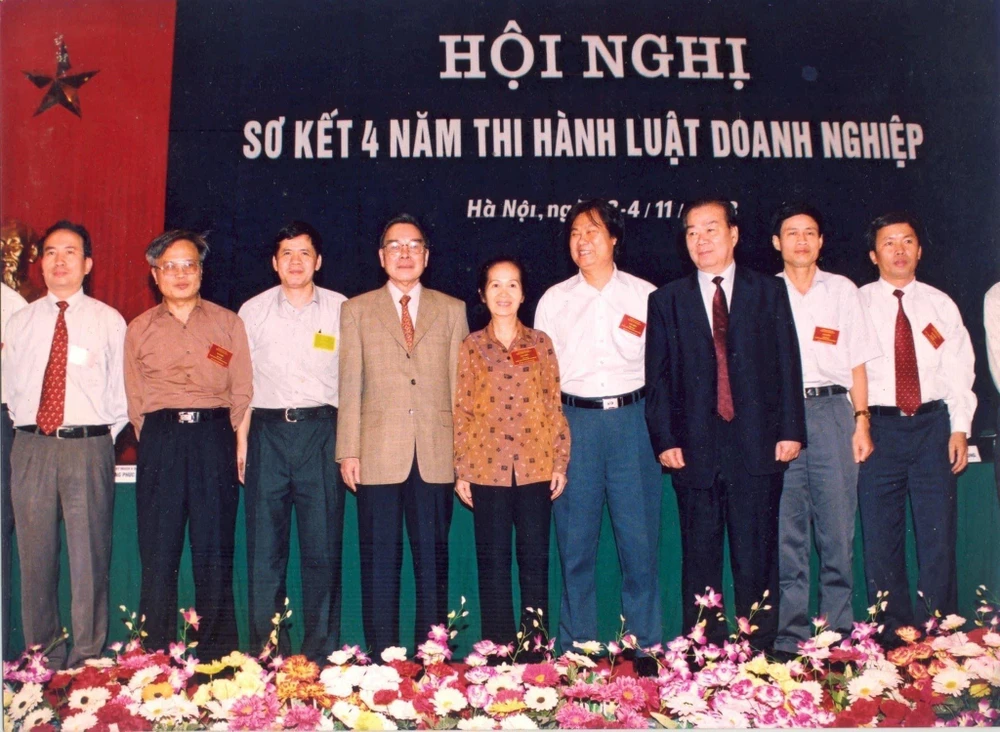
“The Prime Minister always patiently listens to businesses presenting their thoughts, wishes and recommendations on business conditions and environment. Before each meeting, through the advisory team and working group, the Prime Minister thoroughly studies the business environment situation, so he often decides to respond to businesses on the spot. He does not come there just to shake hands or express general goodwill,” Dr. Cung recounted with deep admiration.
Mr. Phan Van Khai is a true "younger brother" of Mr. Vo Van Kiet. Mr. Khai spent a relatively long time as Mr. Kiet's Deputy. And later, when he became Prime Minister, he really tried to follow his predecessor's path. What Mr. Kiet had not yet done, Mr. Khai tried to do better. Accordingly, he inherited the ideas and major directions of market economic thinking and private sector development. For example, the Law on Private Enterprises and the Law on Companies, which were issued in 1990-1991, were subject to many restrictions of the times, only allowing private enterprises to become an official sector of operation and still subject to the State's request mechanism, and were limited in their freedom of business. By the time of Mr. Khai, the Law on Enterprises in 1999 returned the right to do business to this sector.
Ms. PHAM CHI LAN, Former member of the Prime Minister's Research Board from 1996 to 2006
BAO VAN (written)
Source



![[Photo] Opening of the 11th Conference of the 13th Party Central Committee](https://vstatic.vietnam.vn/vietnam/resource/IMAGE/2025/4/10/f9e717b67de343d7b687cb419c0829a2)
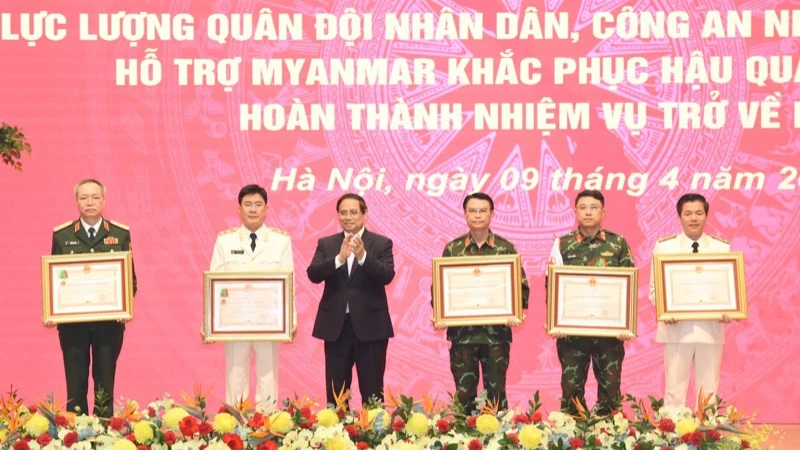

![[Photo] Prime Minister Pham Minh Chinh commends forces supporting Myanmar in overcoming earthquake consequences](https://vstatic.vietnam.vn/vietnam/resource/IMAGE/2025/4/10/e844656d18bd433f913182fbc2f35ec2)
![[Photo] April Festival in Can Tho City](https://vstatic.vietnam.vn/vietnam/resource/IMAGE/2025/4/10/bf5ae82870e648fabfbcc93a25b481ea)
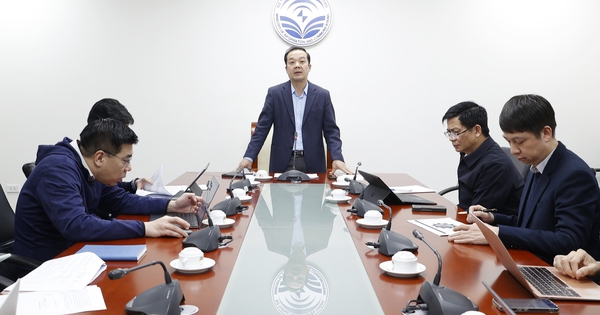



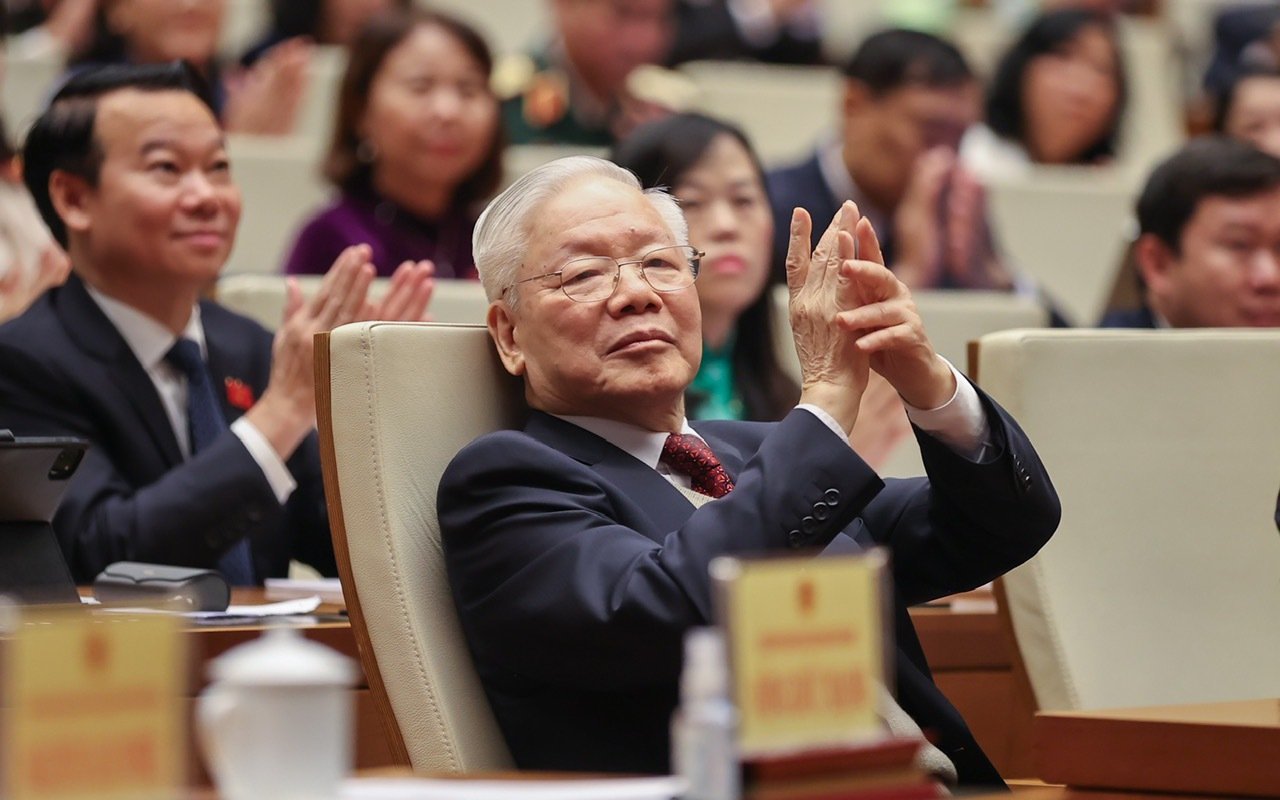


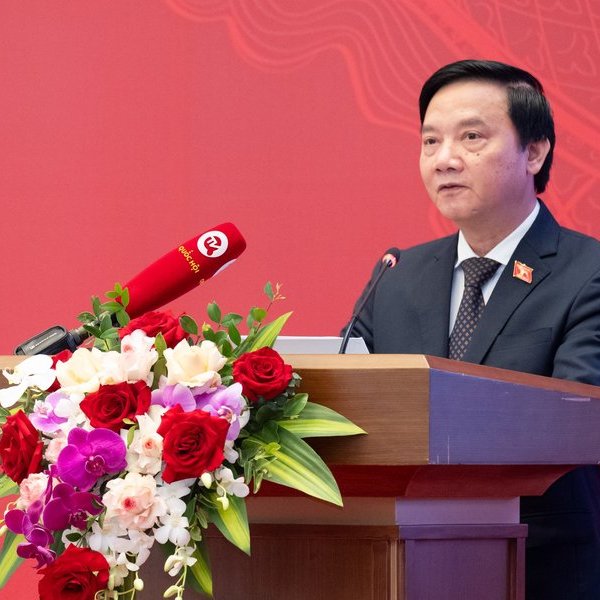

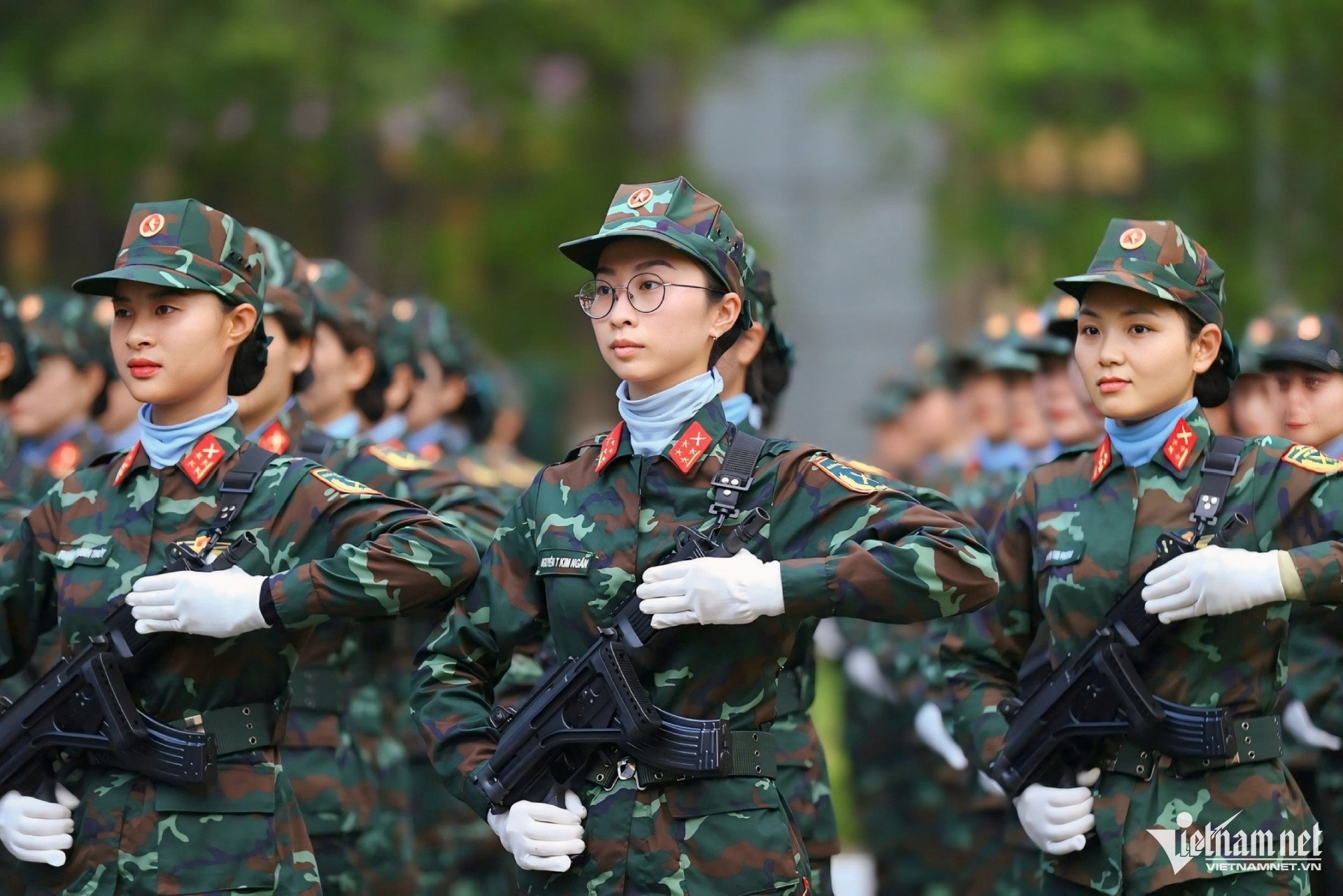
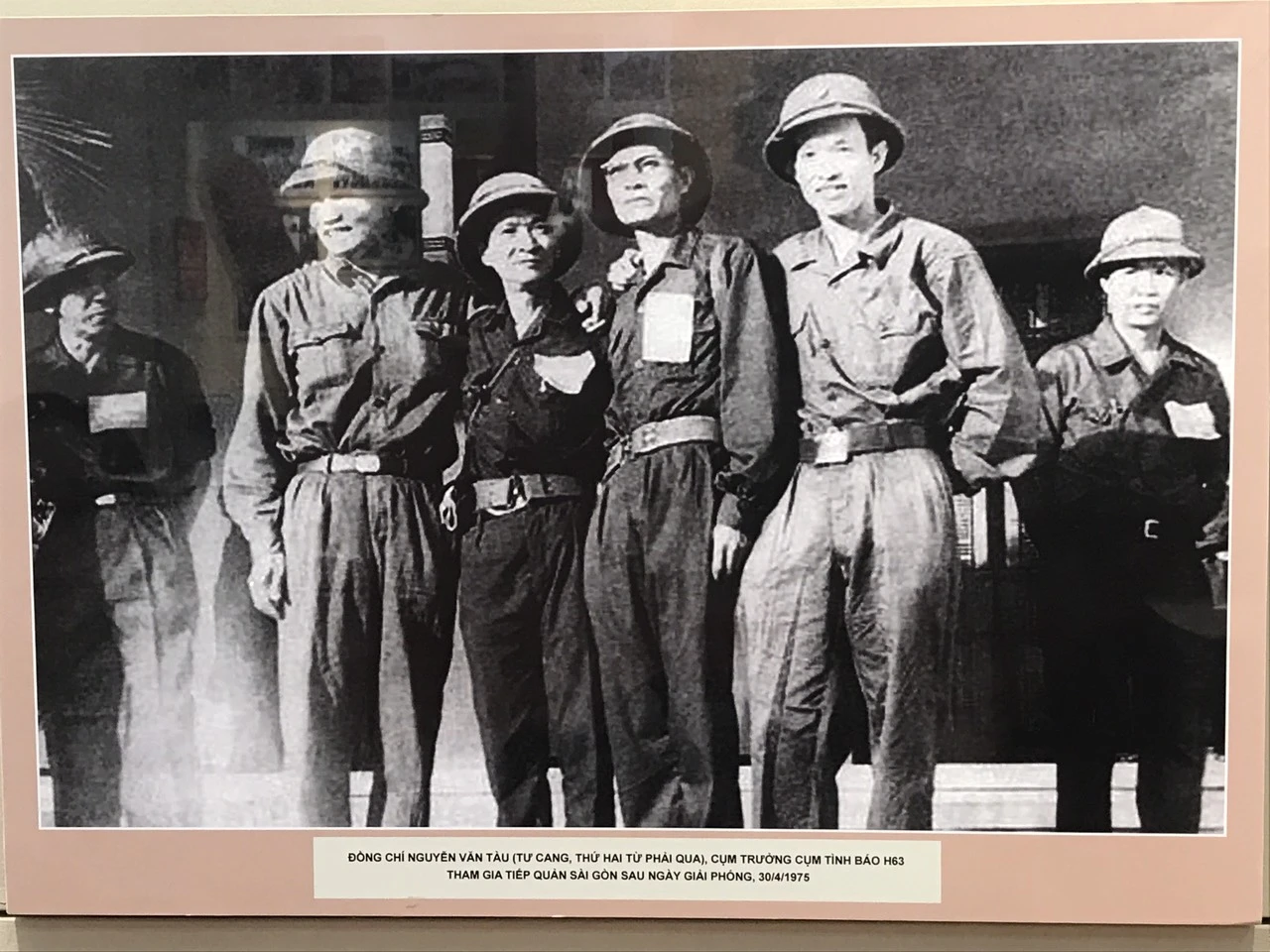
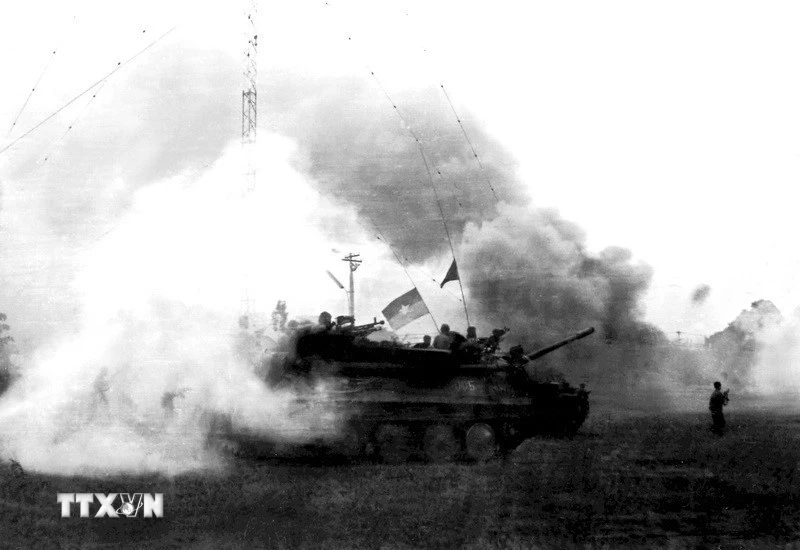
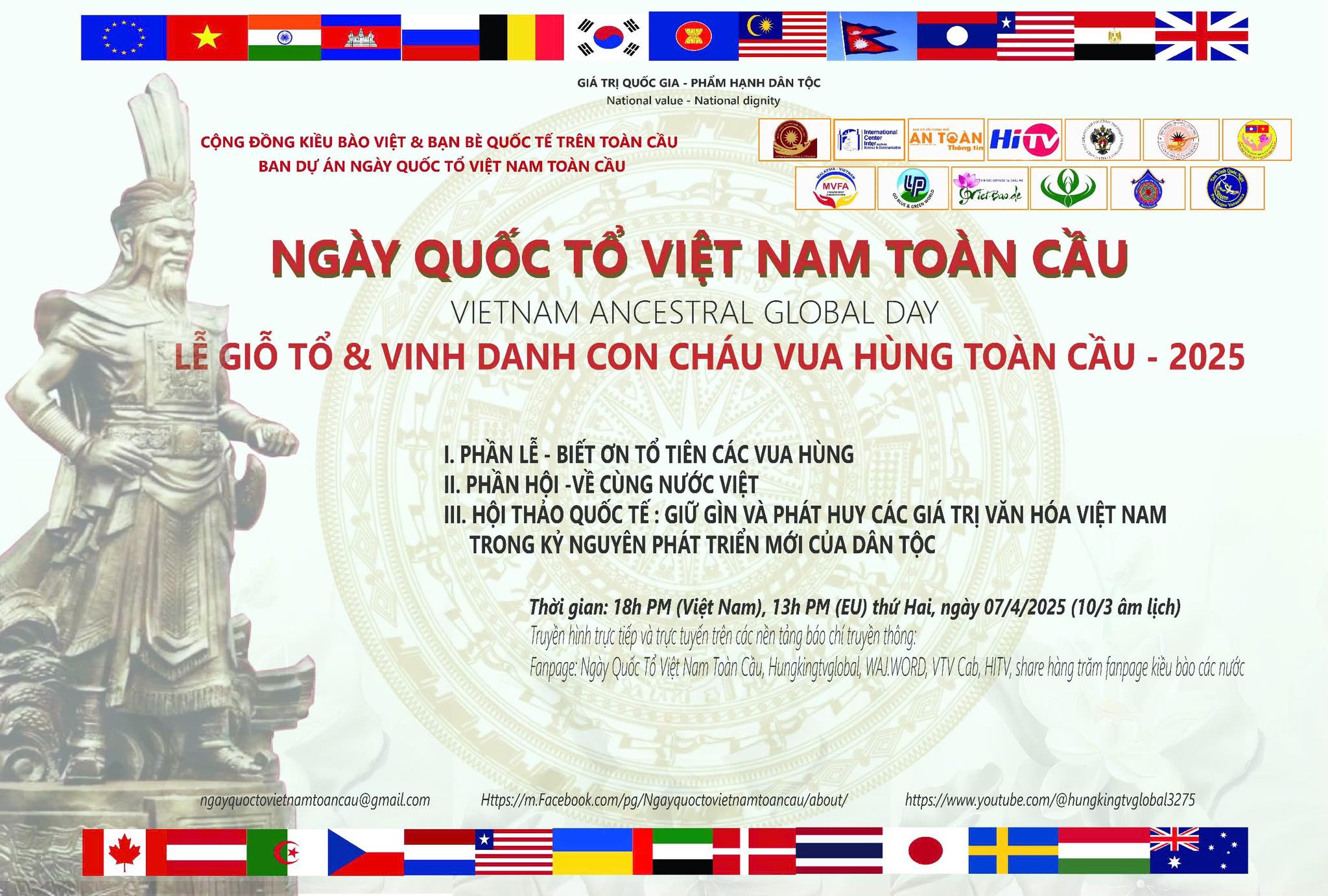
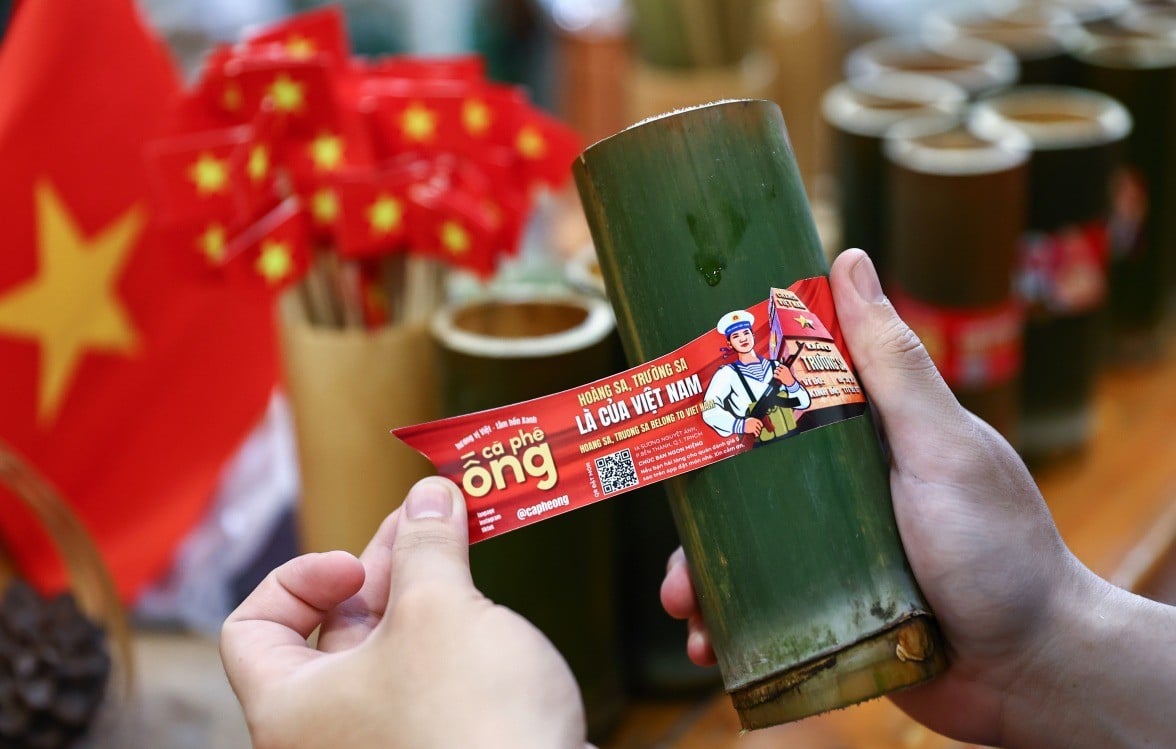




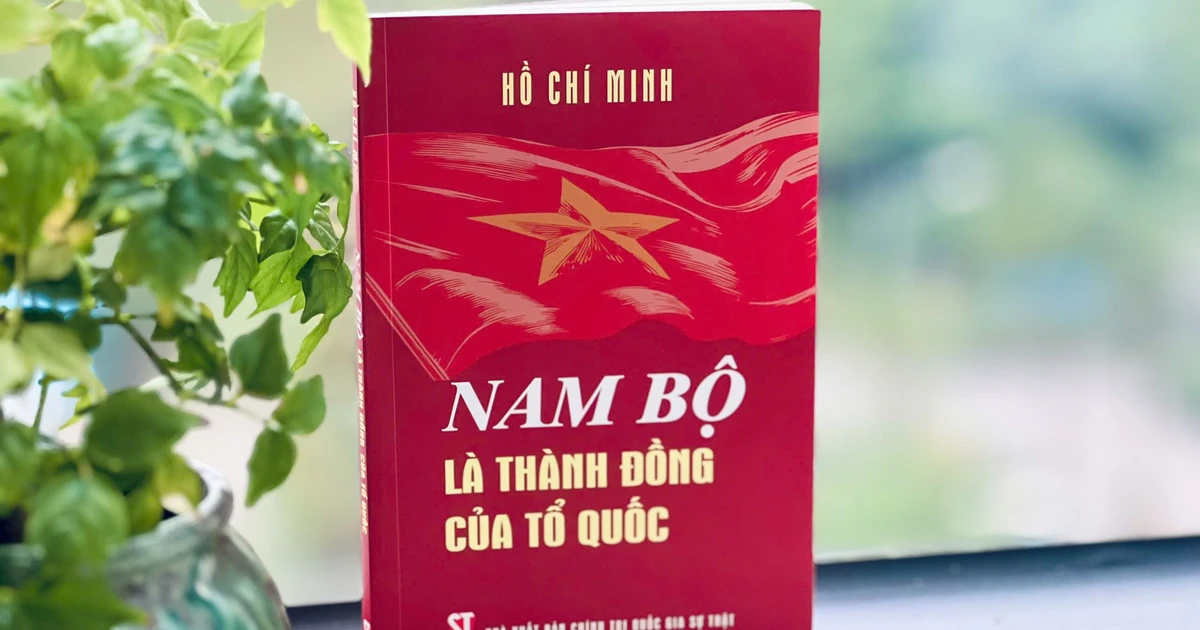


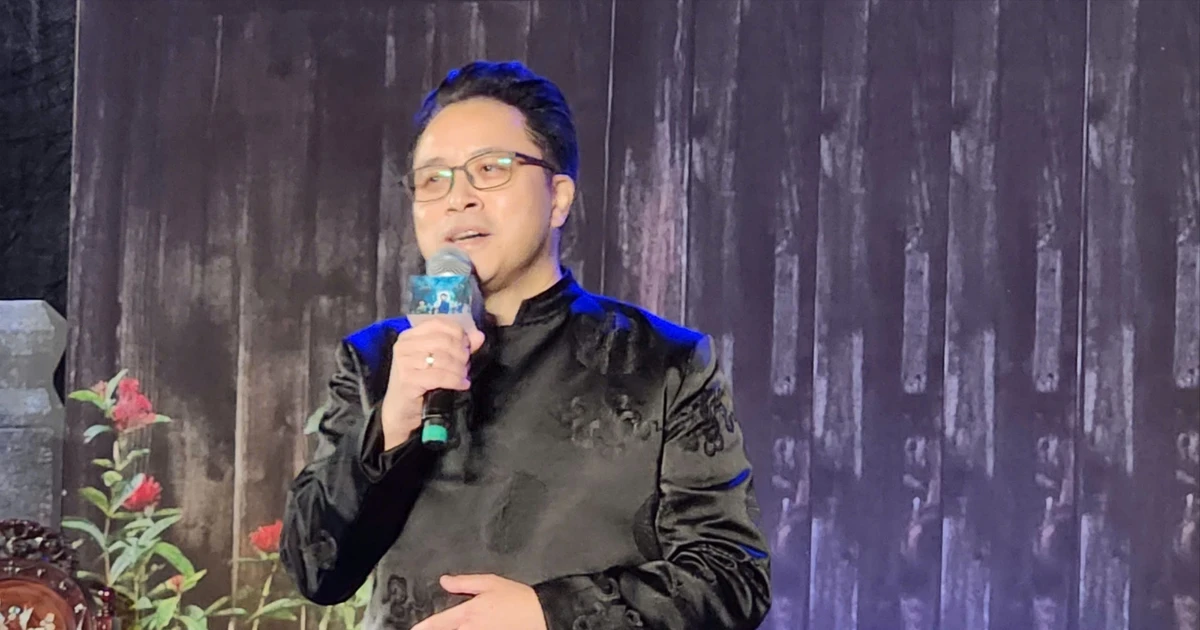
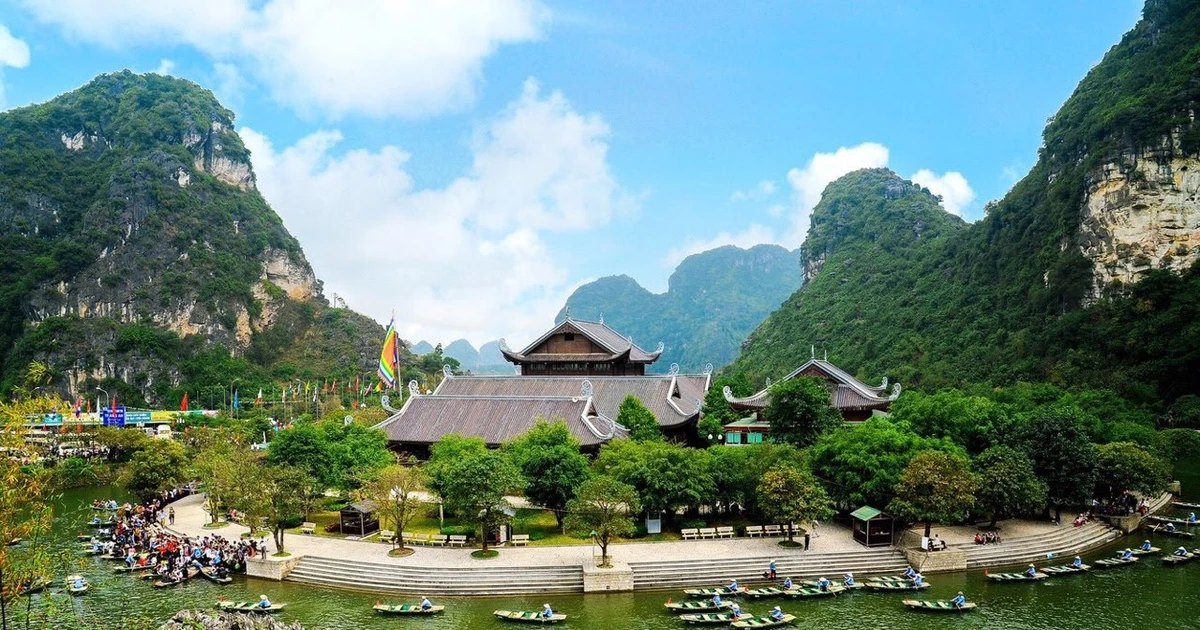
![[Photo] Reliving the heroic memories of the nation in the program "Hanoi - Will and belief in victory"](https://vstatic.vietnam.vn/vietnam/resource/IMAGE/2025/4/10/19ce7bfadf0a4a9d8e892f36f288e221)














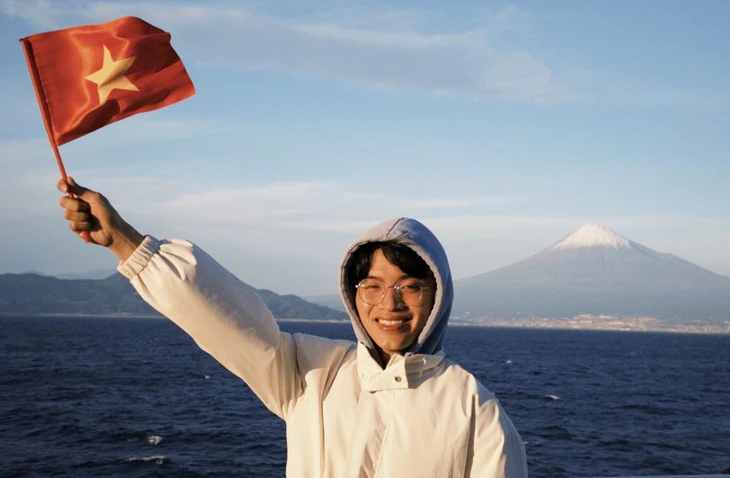


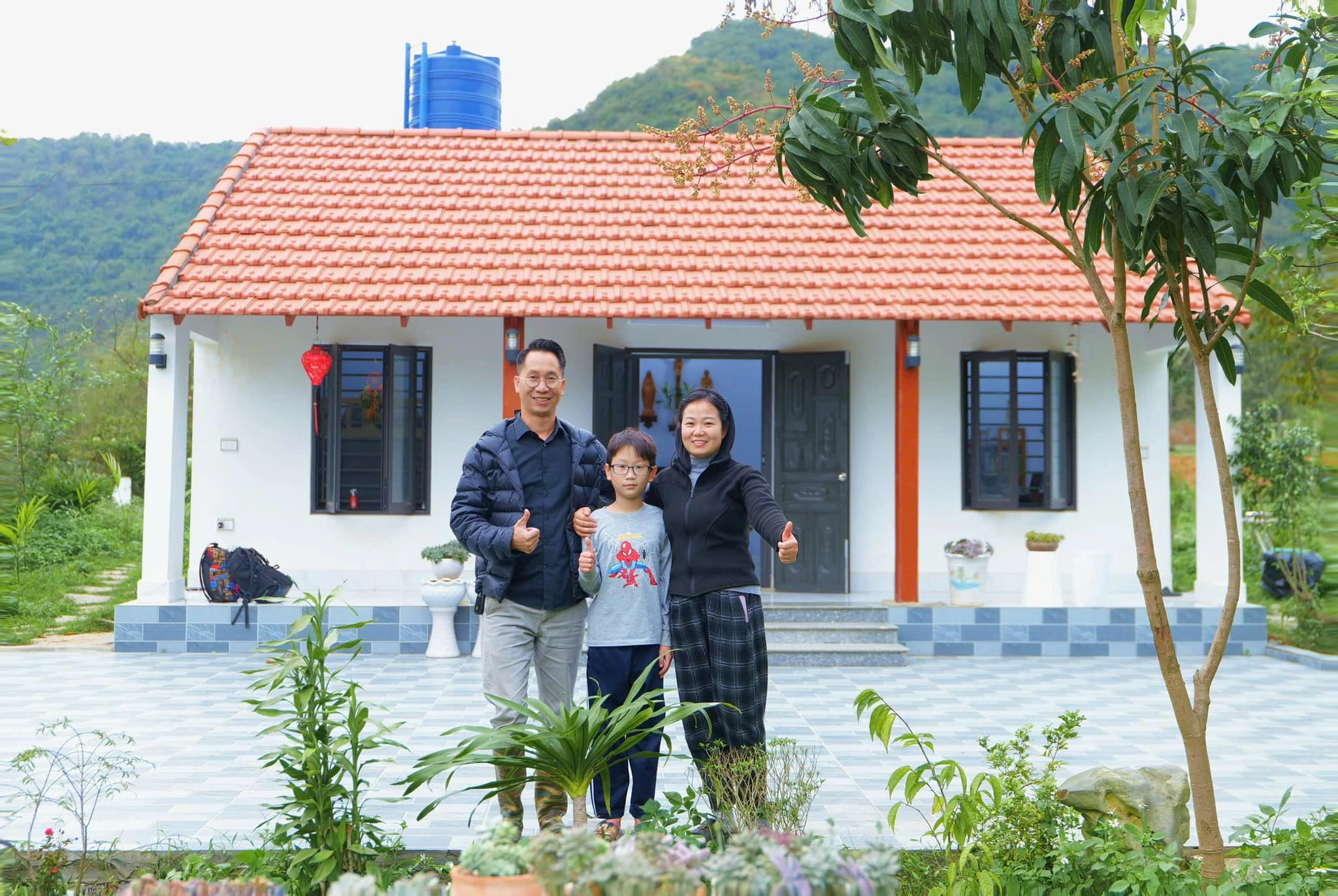

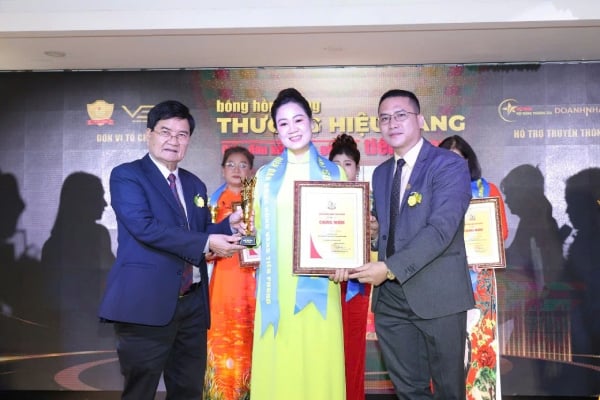



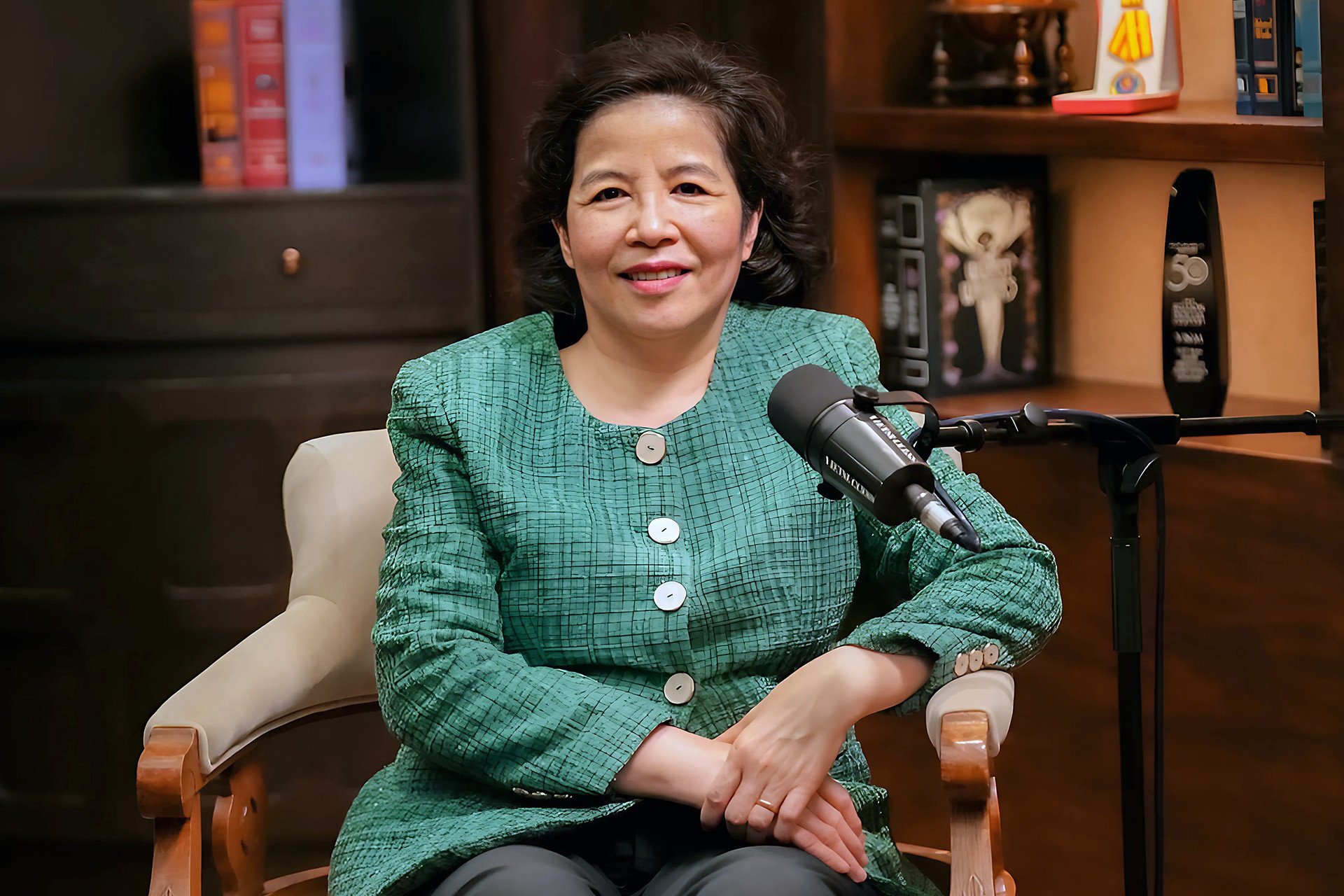
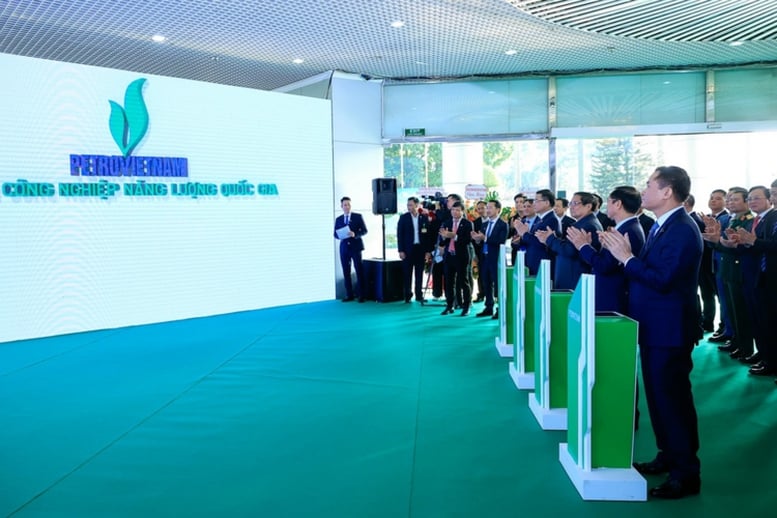

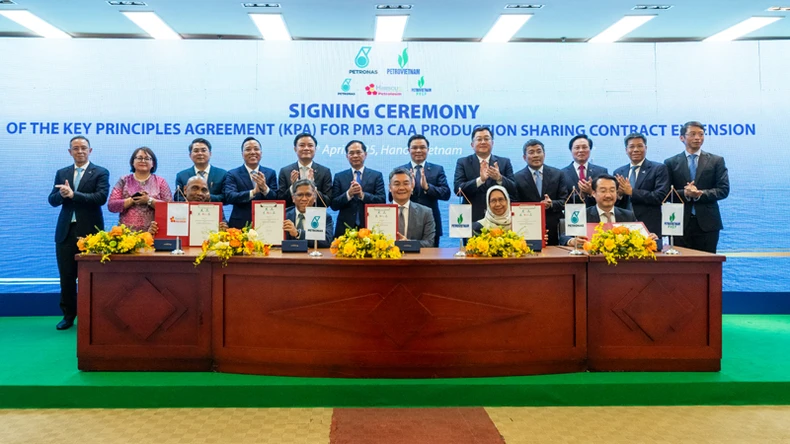

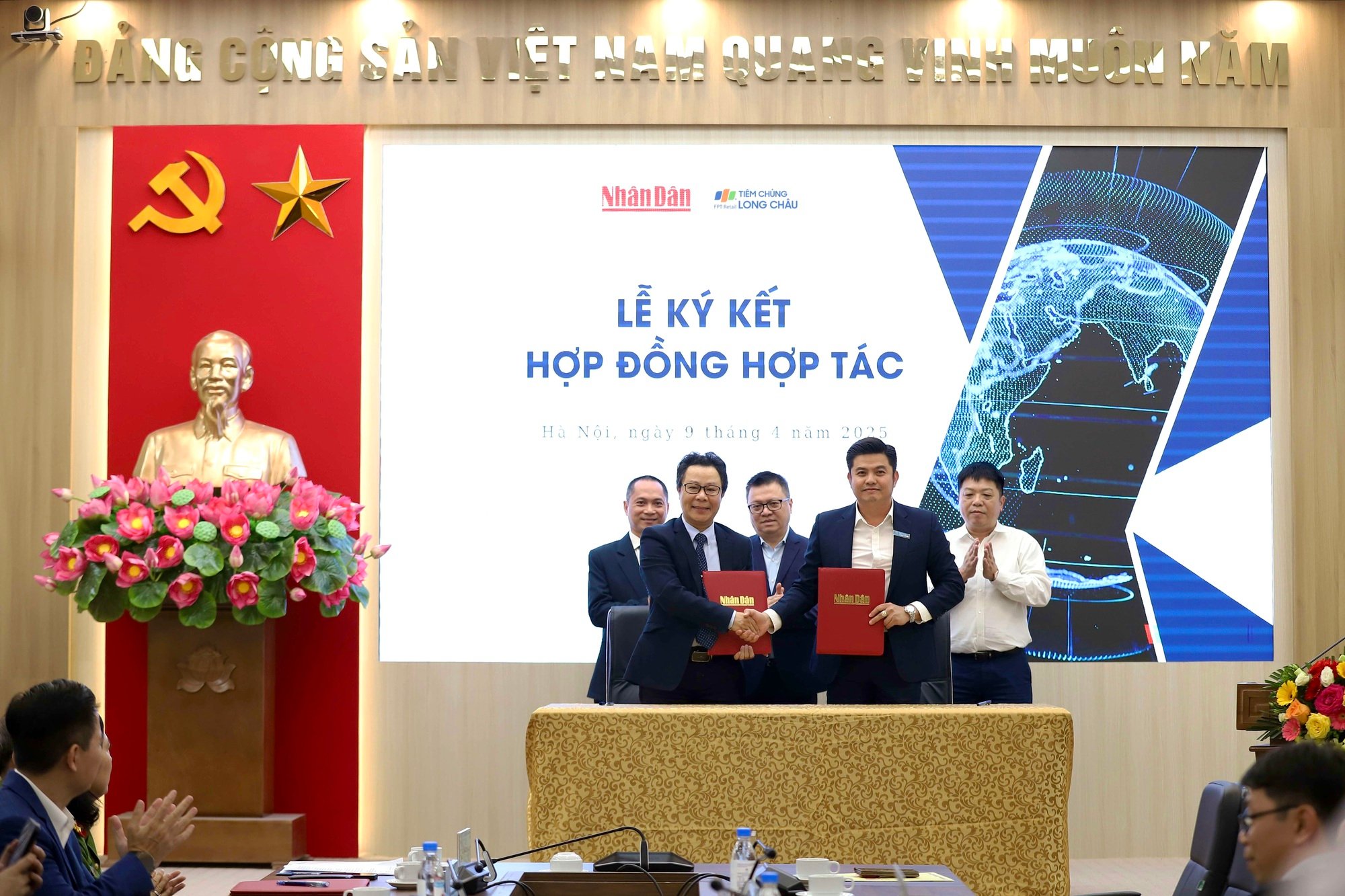
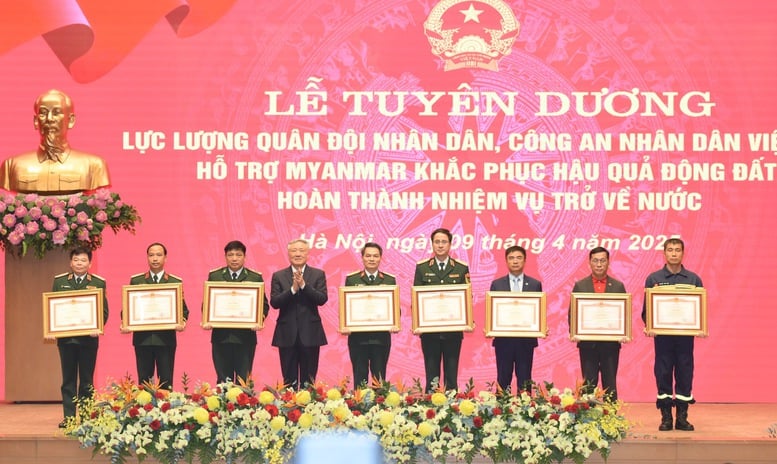
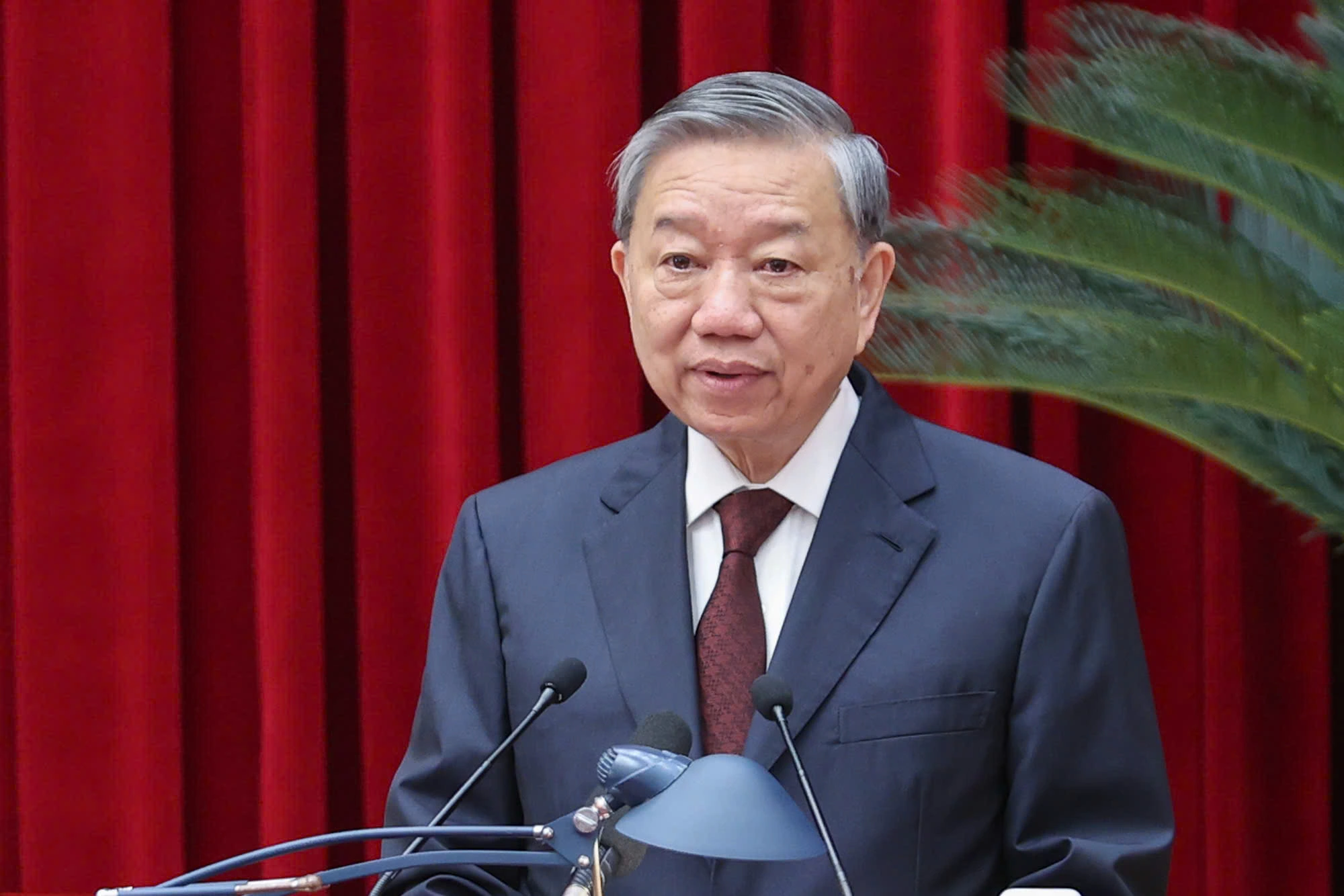
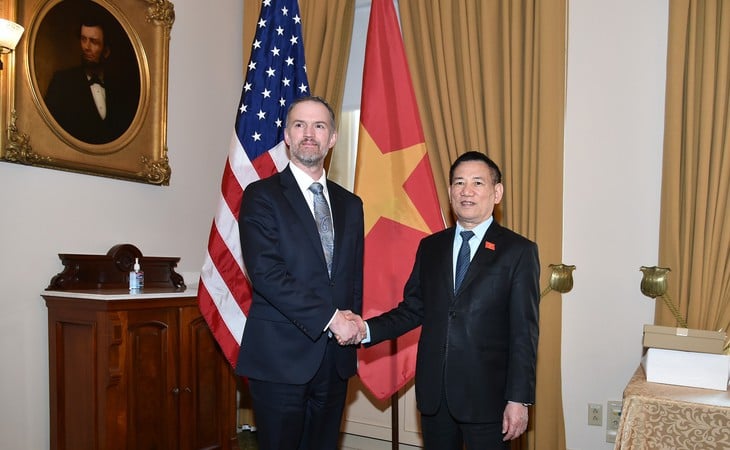
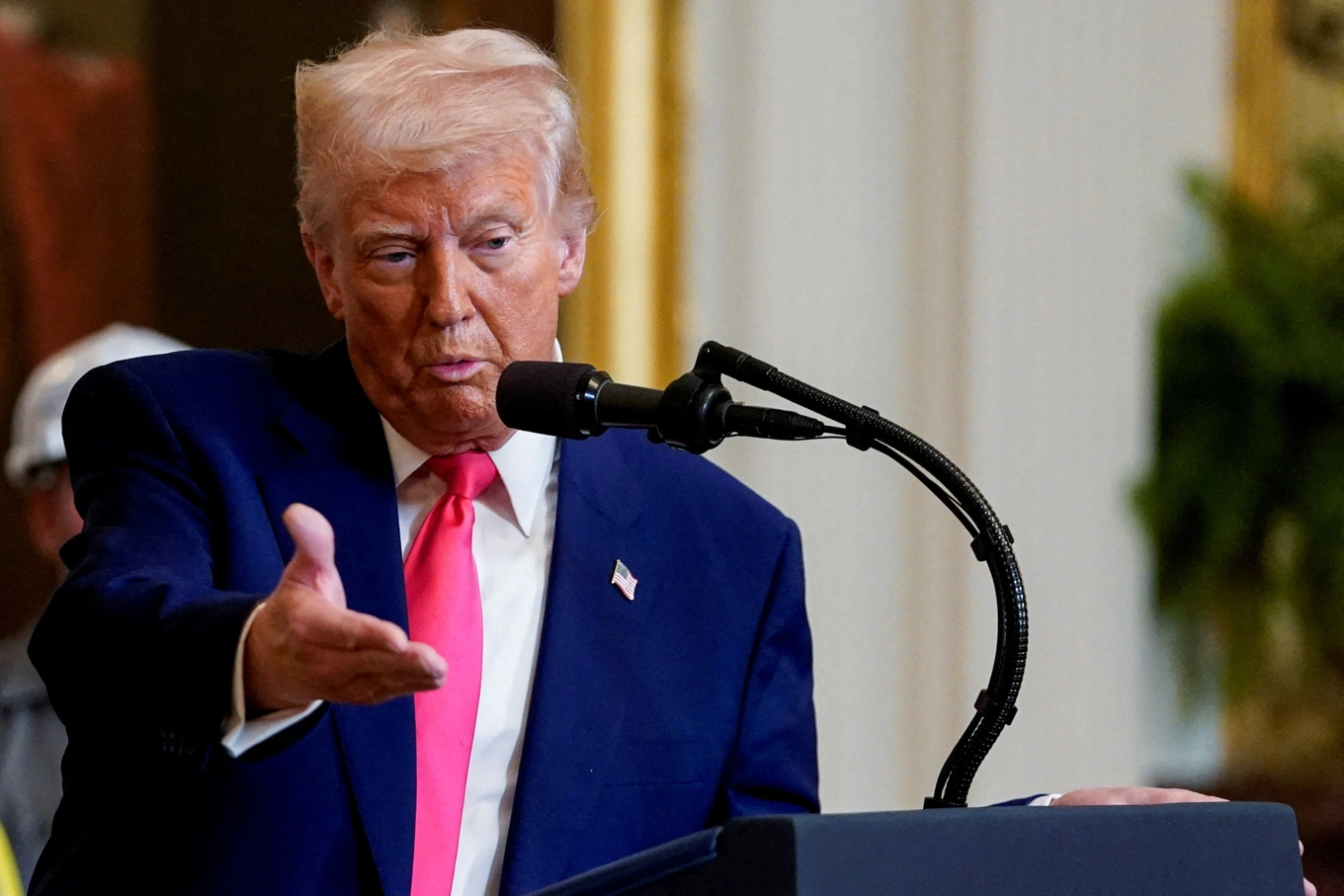
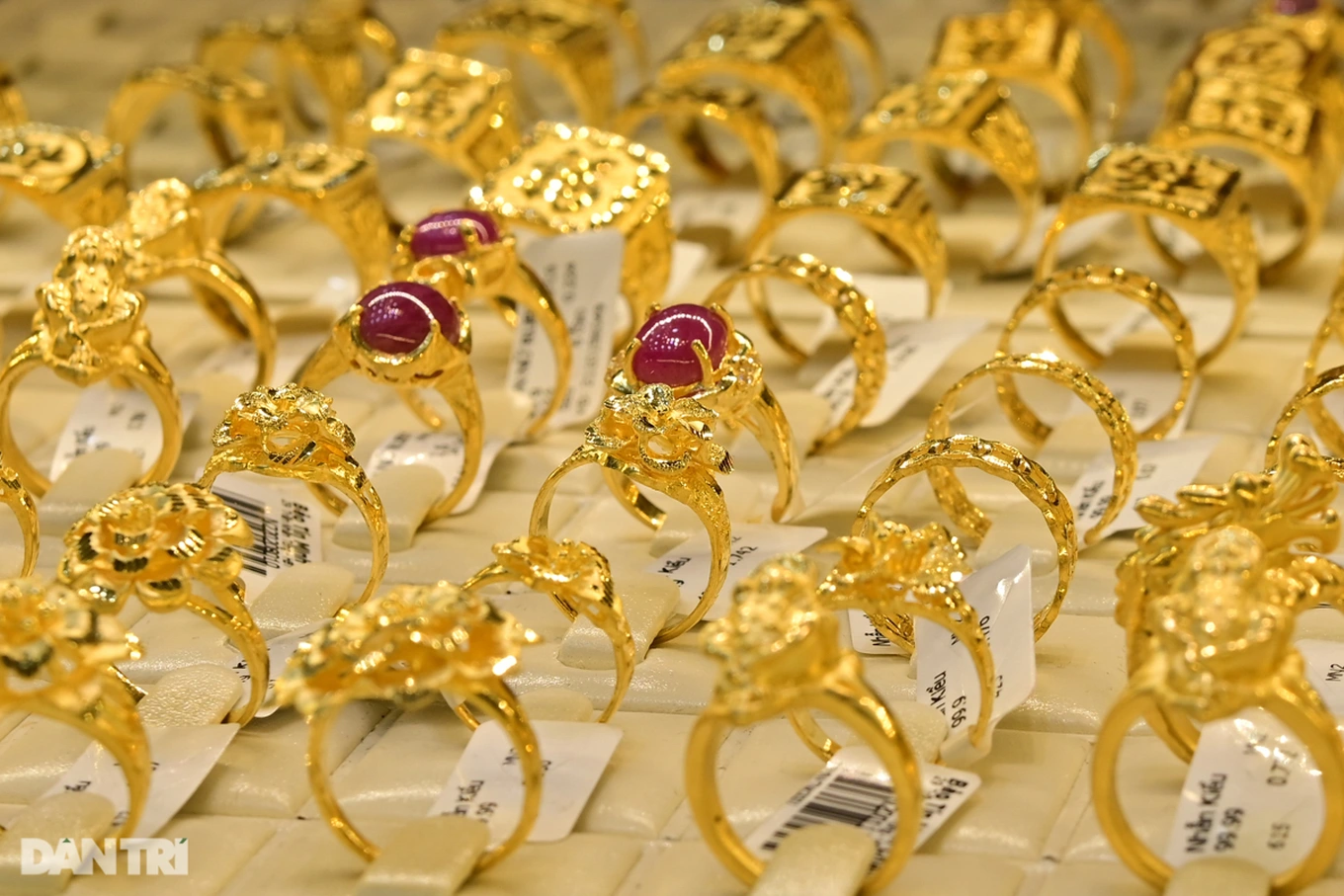
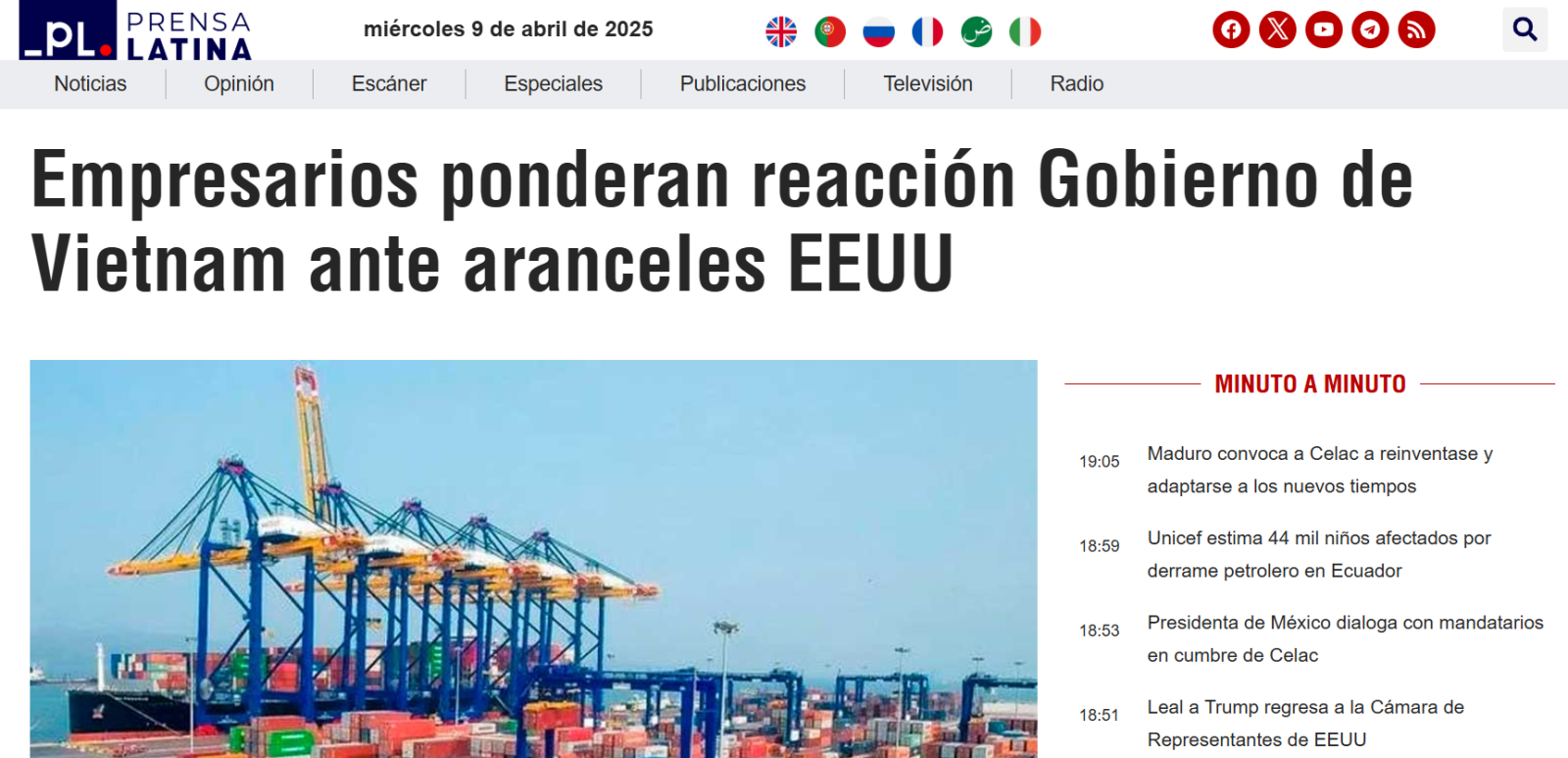

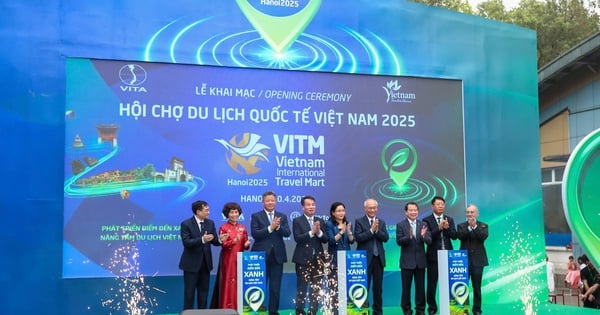

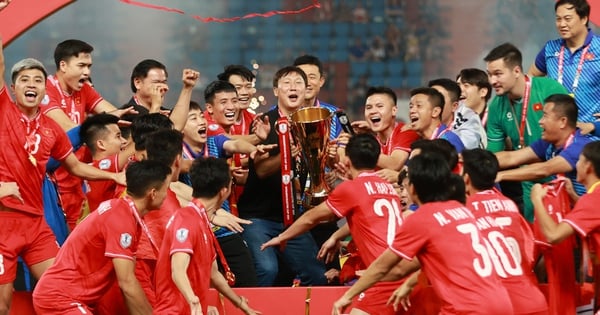
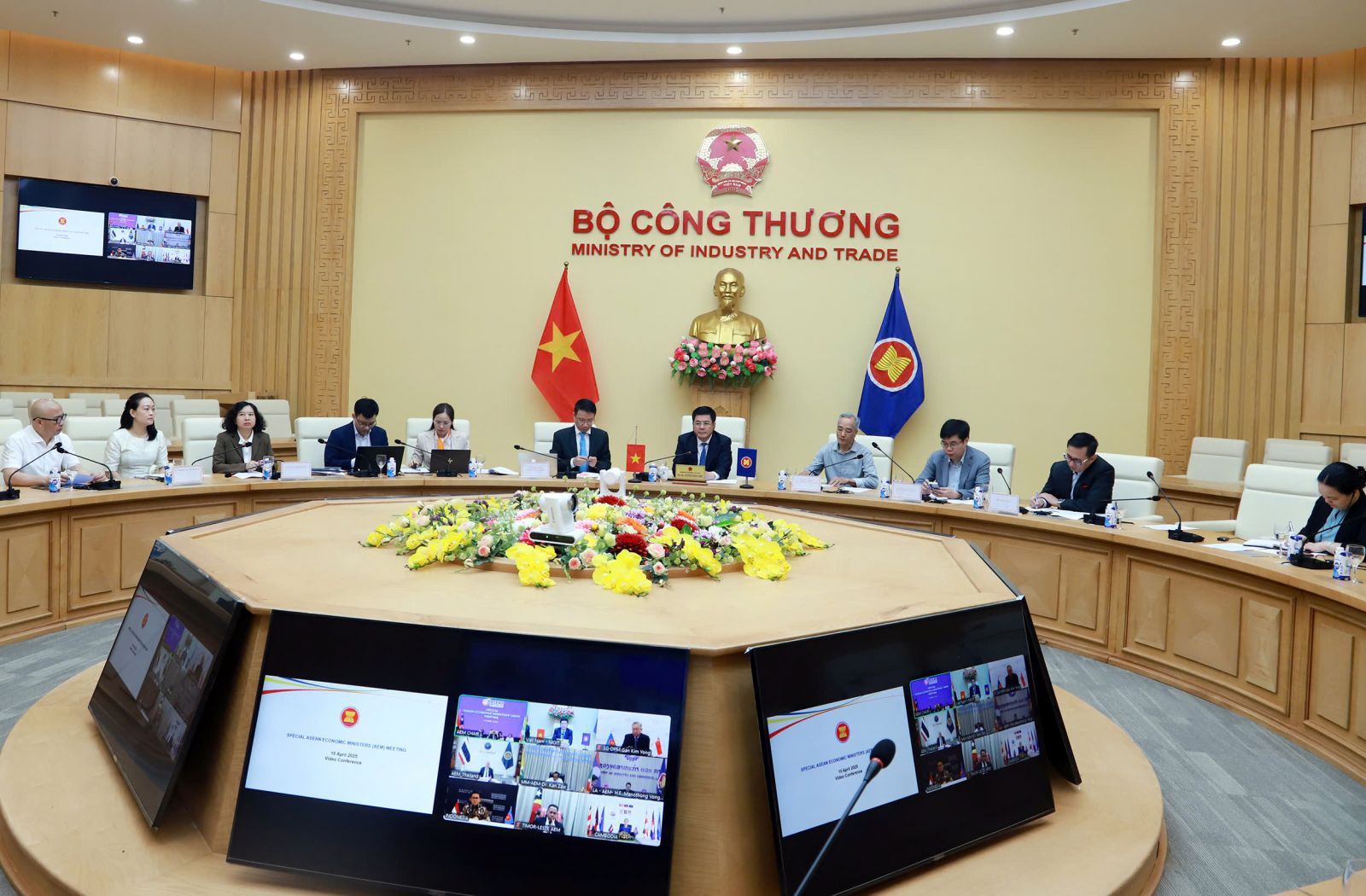

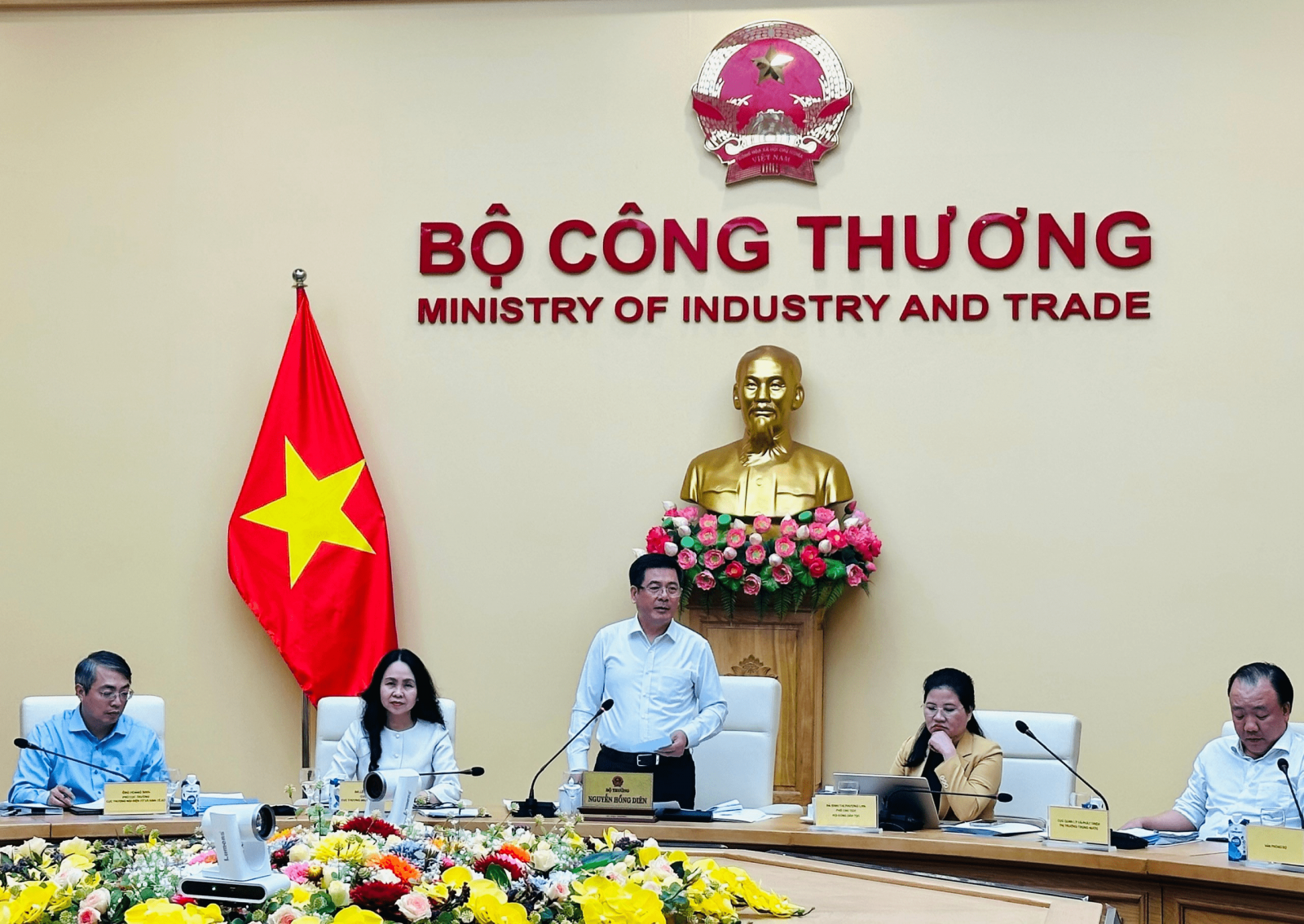

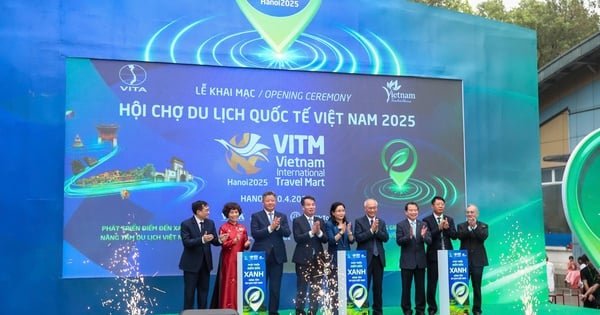
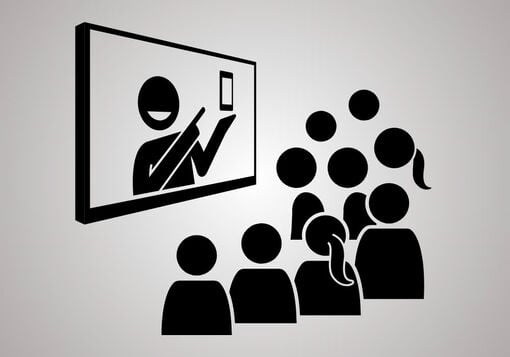

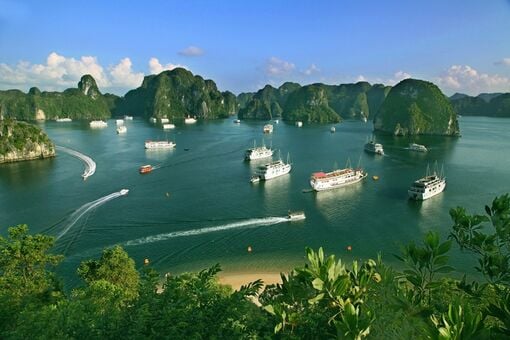
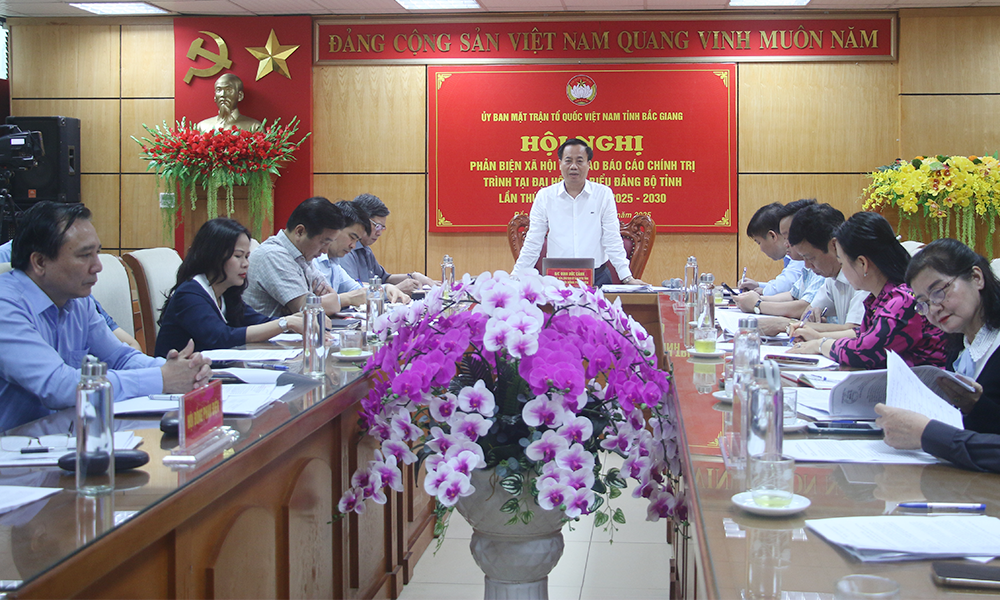

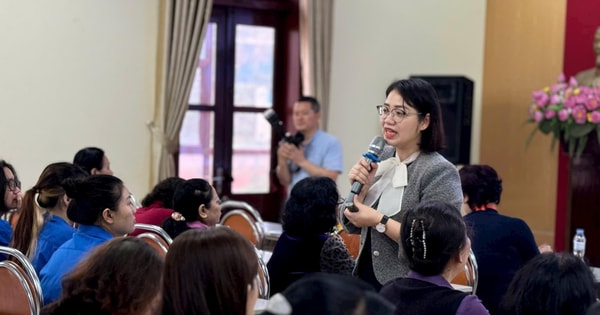


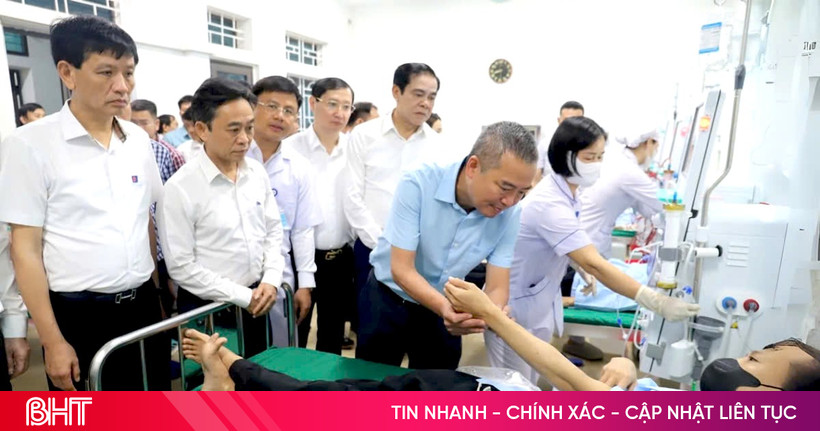









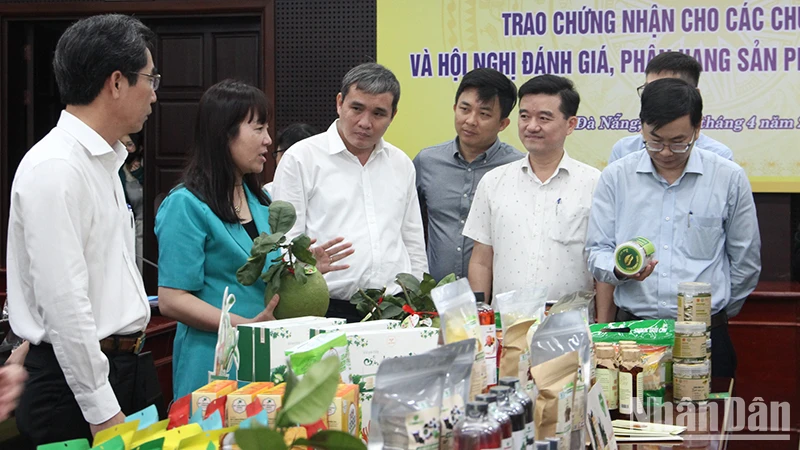
Comment (0)